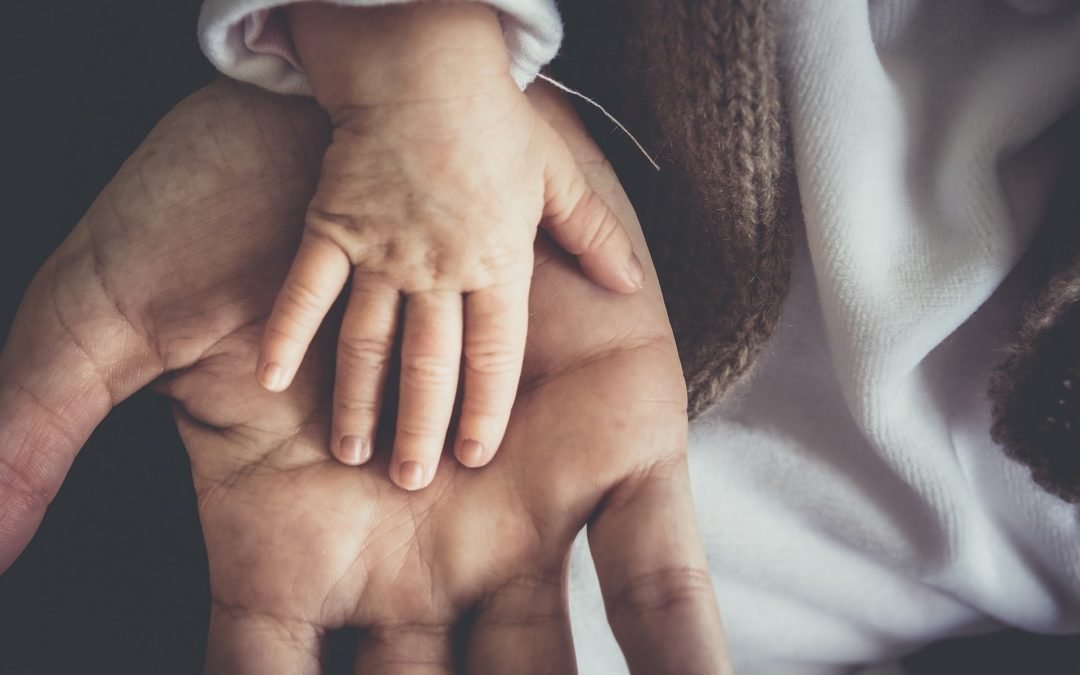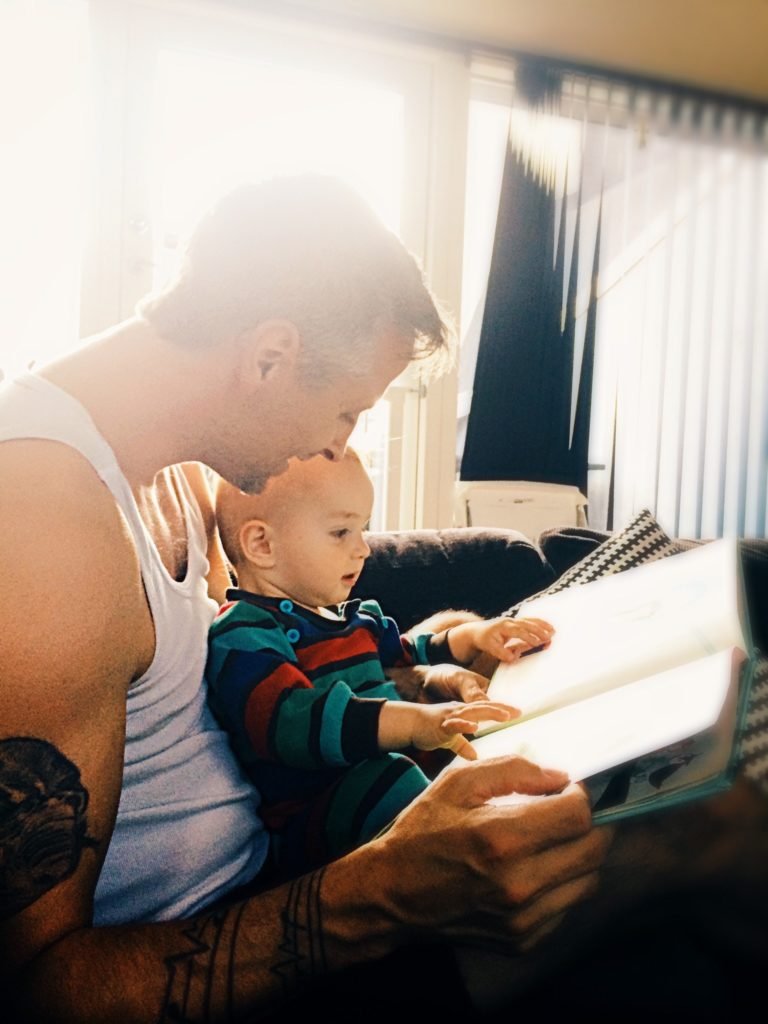
Fathers Role around the World
A Few Reflections on Fathers Day
Father’s Day is when we can reflect on the male role models in our lives and appreciate the lessons learned from their input. Gifts and cards are often given in recognition of the importance of that paternal role.

But these days many homes are single-parent families. Fathers may be seen only occasionally. Step-fathers, grandfathers, uncles, neighbors, teachers can all provide valuable guidance. They teach much about those predominately male traits and characteristics.
If a child’s father, their first significant male role model, falls short it can be tough for a child to process. They may become defensive or shut off emotionally, as a means of protecting themselves from further hurt and disappointment.
Or alternatively,
- may feel compelled to continually strive to do better.
- Constantly working harder and harder,
- even react against the situation
- becoming rebellious and defiant
- giving the appearance of not caring, but constantly demanding attention nonetheless.
– As a single mother
it’s important to try to avoid sharing negative views and experiences of your ex. Stop coloring your child’s perspective of their father. It may have been a difficult breakup, leaving you feeling hurt, but those emotions are specific to your relationship with your ex-partner. Your joint children deserve to have the best of both of you and have each parent still in their lives as positive a way as possible.

Far better to encourage children to keep in touch with their father, resulting in a happier outcome for all in the longterm. A single mother may feel aggrieved that he’s in a position where he can bribe and buy the children’s affections with lavish gifts and treats, which they gleefully accept! Why wouldn’t they? But children are more insightful than perhaps we give them credit for. They usually know and appreciate the emotional and financial struggles that their mother has, the effort it takes simply to put food on the table each day.
Keep their relationship alive with their father and even if a more ‘wholesome’ male role model is in their lives, an understanding grandfather, uncle, mentor, accept that a child’s dad occupies a unique position for them.
As a separated father
it’s important not to exacerbate a situation if it’s already fragile or acrimonious. The children are the innocents in this and if they behave badly or play up, accept that it may take time for them to settle and readjust. Try to ensure ongoing liaison with their mother, respect agreed on decisions, keep civil channels of communication open, and do your best to avoid reacting to points of contention.
Let’s reflect on the qualities that are important in a father:
– Physical strength
provides reassurance to children, who value their father as a guardian, protector, someone who’s healthy and physically fit. They feel safe and secure when they know he’s strong enough to stand up for them and the family.
– Moral values
matter. Children expect to see their father do ‘the right thing’, have principles, and be fair. Admiring and respecting their father for his integrity, honesty and guidance teach them about having standards and respect for the law and for others.
– Men are increasingly comfortable about expressing their feelings,
showing how much they love and care for their wife and children. Nowadays it’s more acceptable to talk about issues and problems, to discuss how to cope and manage stress. Being able to hug, show love and affection is important. The days of the strong, silent man are fading. Children need to see and learn from their significant male role model how to discuss, compromise and resolve problems satisfactorily.
– Family values
are learned when they see their father enjoy spending time with them, treating it as a priority, important to him. Children are sensitive to non-verbal cues, sensing disinterest, rejection and mixed messages in a variety of ways. They also notice how he treats their mother and other family members, separated or not. Family values are learned from witnessing relationships at home.
– Respect for others
is another important lesson. How a father treats other road users, staff, in restaurants and shops, how he addresses the people he meets. Is he deferential, submissive, arrogant, assertive, or pleasant? Good manners, consideration, and appropriate communication styles are important in building positive, successful relationships with others.
– Does father have a good work ethic?
Being conscientious, fair, and diligent, enjoying his work choices, doing a good job, and finding satisfaction from his efforts all demonstrate a sense of responsibility. Does he respect and care for money, treat the property well, express gratitude and appreciation for what he has whilst having fun and treats? All traits a child will hopefully witness and learn from a father.
Father’s Day
Or Sundays can be a time to reflect on things we’d have done differently too. Fathers are the role models. Many people have memories of less than satisfactory experiences with their father, perhaps witnessing his relationship with work, money, success, areas where they feel he needed to have a better approach. They’ll aim to avoid repeating mistakes that were made with them. After all, we all want to be the best we can be when we come to parent our own children.

